Can you get a VA loan with a bad credit score? And what is a “bad” score, exactly? How does the VA home loan approval process work when it comes to credit scores and other criteria?
These questions often arise among borrowers contemplating the Department of Veterans Affairs home loan program. They can also be a source of confusion for first-time buyers who have never navigated the mortgage process before.
Today, we will answer these and other common questions about VA loan credit score requirements.
How VA Loans Work?
Simply put, a VA loan is a mortgage loan that has the federal government’s support in the form of a partial guarantee. In short, the Department of Veterans Affairs covers some of the risks associated with mortgage lending. This enables lenders to provide homebuyers with better terms and more lenient eligibility requirements for VA loans.
In contrast, a conventional or “regular” mortgage loan does not benefit from government insurance or guarantee. Banks and private-sector mortgage lenders provide both VA and conventional loans. The key distinction is that VA loans are “government-backed,” whereas conventional mortgages do not enjoy this government support.
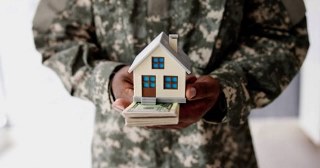
This is a crucial concept to grasp because it ties back to the initial question we posed. Individuals with low or “poor” credit scores frequently encounter challenges when qualifying for conventional loans. This is due to the perception that they pose a higher risk to banks and lenders.
However, it’s worth noting that there are VA loan lenders for bad credit who may be more willing to work with individuals in such situations.
Nonetheless, numerous instances exist where individuals who initially declined conventional loans eventually secured approval for a VA loan, even if they had previously experienced credit issues. This can be attributed to the government support inherent in the VA loan program.
There Is No Official Score Requirement
The Department of Veterans Affairs does not require a minimum VA loan credit score for home loans. They leave that up to the lender while encouraging lenders to consider the broader picture.
The flexibility in VA loan requirements for bad credit can vary significantly among financial institutions. For example, some banks or lenders might impose a minimum credit score of 600 for VA loans, while others might be willing to work with borrowers down into the 500 range.
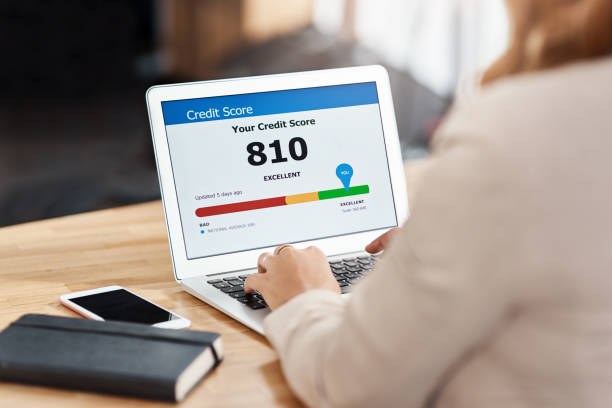
According to an article on the VA.gov website:
“VA does not have a minimum credit score; if one is imposed, it is by the private lender, and you can always shop for a different lender. But, given that VA guarantees a portion of the loan—essentially telling lenders that VA will cover 25% of the risk—many banks and mortgage companies will accept FICO scores that are lower than what they accept for conventional loans.”
So, whether or not you can get a VA loan with bad credit depends more on the lender than the government. If a particular lender finds your score acceptable and your income is sufficient to cover your monthly payments, you could be a good candidate for the program. VA loan bad credit shouldn’t discourage you from exploring this valuable opportunity.
What Does ‘Bad Credit’ Mean?
The term “bad credit” is commonly used, but it’s important to note that there isn’t a universally agreed-upon definition for what constitutes a bad credit score. This lack of a standardized definition can be attributed to various factors.
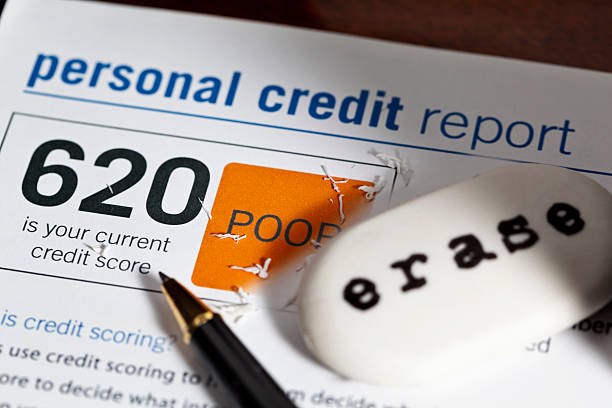
For one thing, there are actually several different scoring models used by mortgage lenders. The normal range of the FICO scoring model, one of the most used credit scoring systems, is 300 to 850.
Additionally, different lenders have different standards and methods for defining credit score thresholds. So, a borrower who is considered to have a “fair” score with one lender might be viewed as having a “poor” or “bad” credit score with another lender.
While credit score ranges can vary among different credit scoring models, we can provide a general overview of the credit score categories commonly used in mortgage lending. These categories typically include:
- Excellent: 800+
- Very Good: 740 – 799
- Good: 670 – 739
- Fair: 580 – 669
- Poor or Bad: less than 580
However, it’s important to note that these terms lack official or industry-standard definitions. So, it’s not necessary to overly emphasize the specific labels employed in this context.
The key takeaway here is that having a higher credit score can enhance your eligibility for a VA loan and potentially lead to more favorable mortgage rates. Conversely, a VA loan eligibility with bad credit score may necessitate higher interest payments and pose challenges in the approval process.
Qualifying for a VA Loan With a Low Score
The VA loan is arguably the easiest type of mortgage loan to qualify for due to the unique nature of this program.

Military members and veterans often make strong candidates for mortgage financing, even if they have a history of credit challenges. Additionally, the government guarantee mentioned earlier mitigates some of the lender’s risk. Consequently, VA loan options for bad credit borrowers are typically more accessible compared to conventional mortgage options.
Individuals with “poor” credit scores often meet the criteria for VA-guaranteed home loans, even when their scores would disqualify them from obtaining a conventional mortgage. This stands out as a significant advantage. In addition to the opportunity to purchase a home with no down payment for VA loan.
So don’t let a low or bad credit score deter you from applying. Similarly, don’t let anything you read on the Internet dissuade you from pursuing your dream of homeownership. In the end, applying for a VA loan through an approved lender is the only way to learn if you are eligible.
In the meantime, you could take proactive steps to improve your credit situation. A highly effective method to achieve this is by promptly paying all your bills. Your “payment history” weighs more than any other individual factor when it comes to determining your credit score. You could also potentially boost your score by limiting or reducing your credit card usage.

According to Experian, one of the three credit reporting bureaus in the United States:
“Revolving accounts include credit cards and lines of credit, and maintaining a low balance on them relative to their credit limits can help you improve your scores.”
So, is it possible to qualify for a VA home loan with poor credit score?
Absolutely!
VA loan for low credit score is a possibility for many borrowers. Numerous home buyers have successfully qualified for this program, even with credit scores ranging from mid to low 500s. The ability to repay the loan is the most important factor.
While credit scores play a role in the mortgage process, they are not the sole determining factor for VA loan eligibility. If you’re a military member or veteran with credit challenges, don’t let that discourage you.
VA loans offer flexibility and benefits that can help you achieve your dream of homeownership.

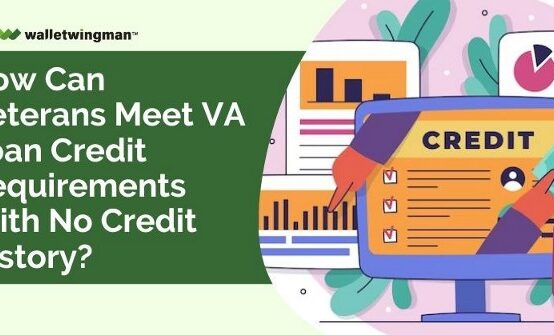 How Can Veterans Meet VA Loan Credit Requirements With No Credit History?
How Can Veterans Meet VA Loan Credit Requirements With No Credit History? 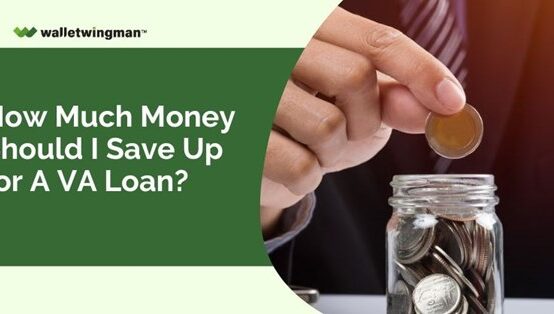 How Much Money Should I Save Up for a VA Loan?
How Much Money Should I Save Up for a VA Loan?  How Much Debt Can I Have and Still Qualify for a VA Loan?
How Much Debt Can I Have and Still Qualify for a VA Loan? 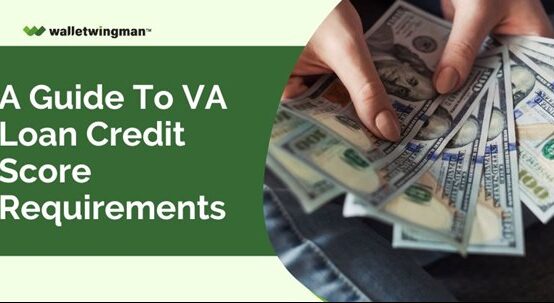 A Guide to VA Loan Credit Score Requirements in 2025
A Guide to VA Loan Credit Score Requirements in 2025 